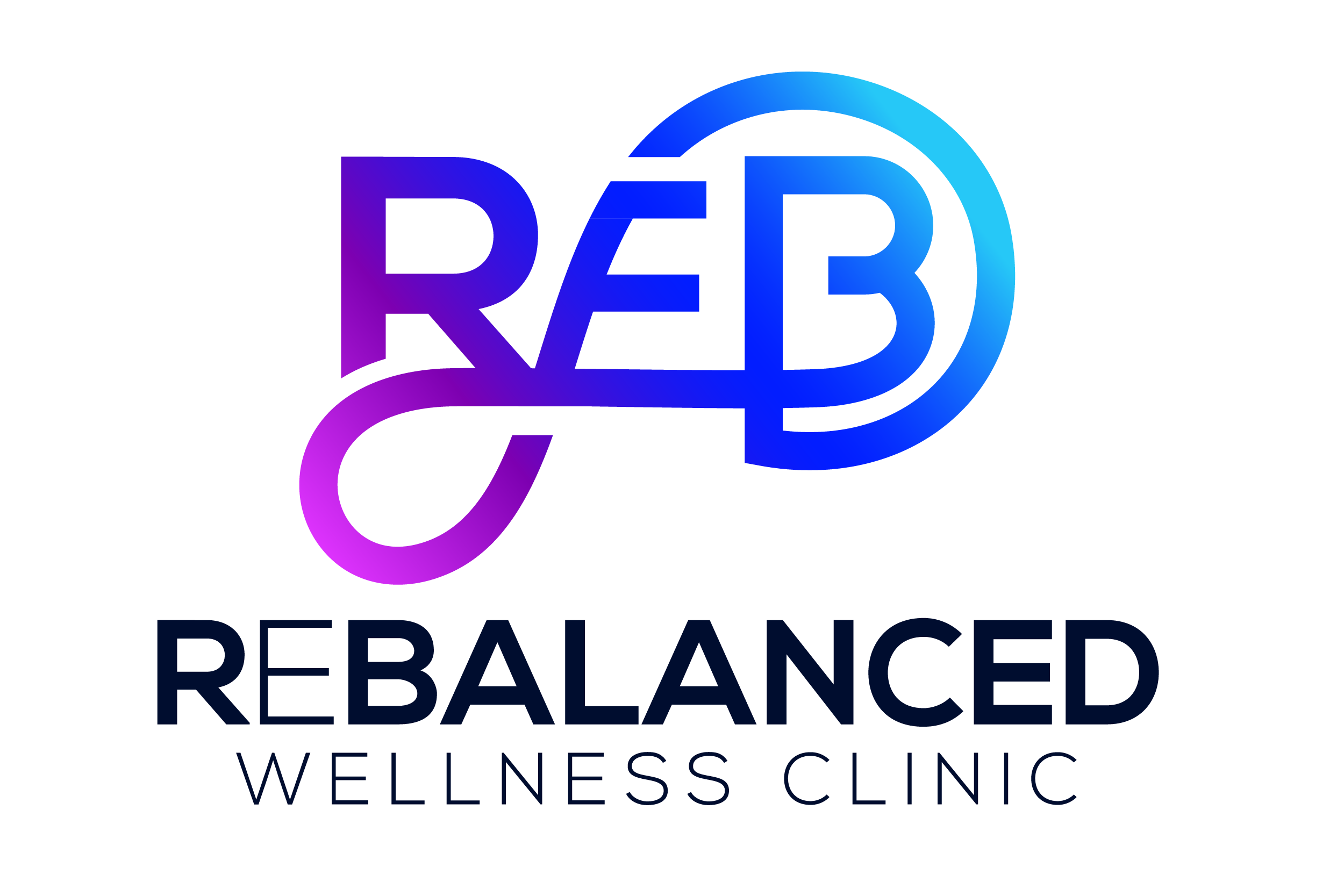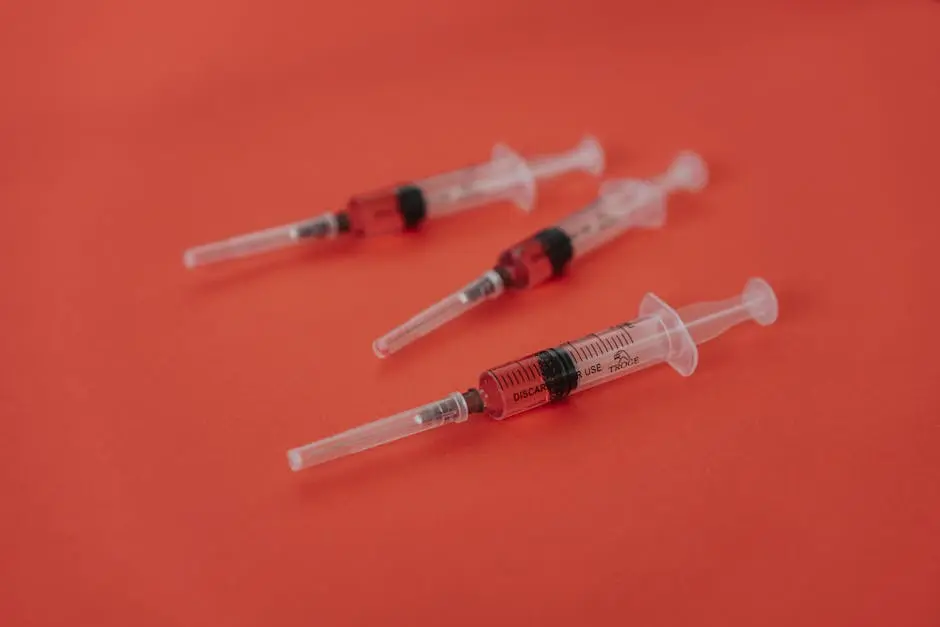Peptide injections have become increasingly popular in wellness and medical communities for their potential health benefits. However, many people still have questions about what they are, how they work, and whether they might be suitable for them. In this article, we aim to demystify peptide injections and provide clear, straightforward answers to some of the most common questions.
1. What Are Peptide Injections?
Peptide injections are treatments that involve administering small chains of amino acids, known as peptides, into the body to enhance specific functions. These can range from improving muscle growth to aiding in weight loss, and even enhancing cognitive function. Peptides play significant roles as neurotransmitters or hormones within our bodies, facilitating communication between cells to stimulate an intended effect. Through peptide injections, individuals can target various health concerns, providing a versatile approach to physical enhancement and wellness. Interestingly, peptide injections are not just limited to athletic or aesthetic gains; they also have potential use in treating conditions like arthritis and certain metabolic disorders. Understanding peptides can fundamentally shift how we approach modern wellness.
While the concept of peptide injections may sound intimidating, they are grounded in well-established science. Peptides can be derived from both animal and plant proteins, and their applications extend beyond injections, into creams and sprays, delivering tailored benefits. This accessibility is part of what makes peptide therapy a burgeoning trend in proactive health maintenance. The flexibility in peptide types and delivery methods makes peptide therapy an intriguing area of interest for those looking to customize their health regimen.
2. How Do Peptide Injections Work?
The magic of peptide injections lies in their ability to activate specific biological processes by signaling certain cells in the body. These signals can influence everything from tissue repair to hormone production and immune responses. Each peptide serves a specialized role depending on its sequence of amino acids, akin to keys unlocking specific biological doors. For instance, peptides like melanotan can induce skin tanning by increasing melanin production, whereas GHRP-6 influences growth hormone release to enhance muscle mass and recovery. The diversity of peptides means that treatments can be as unique as the individuals seeking them, bridging the gap between traditional medicine and modern bio-enhancement.
3. Are Peptide Injections Safe?
Most peptide injections are generally considered safe when administered by a qualified healthcare professional. However, as with any treatment, there can be risks and side effects, so it’s essential to discuss these with your doctor. The FDA regulates certain peptides, ensuring they meet high safety standards when used as directed. This means that patients can benefit significantly from peptides with minimal risk, provided they adhere to medical guidance and only use peptides sourced from reputable suppliers.
Potential side effects can include mild skin irritation or temporary discomfort at the injection site. Rare cases of allergic reactions or hormonal imbalances have been documented, highlighting the importance of thorough consultations and monitoring. Despite these risks, many individuals find significant benefits from integrating peptide injections into their health practices, as long as they are informed and cautious. Regular check-ups and transparent communication with healthcare providers can significantly mitigate potential complications.
4. What Benefits Can One Expect?
The potential benefits of peptide injections are vast and can include everything from aesthetic enhancements to improved cellular functions. Many people experience increased muscle mass, reduced recovery time post-exercise, enhanced cognitive sharpness, and aid in weight management through appetite suppression or enhanced metabolism. Specific peptides target particular outcomes; for example, CJC-1295 and Ipamorelin are revered for their growth hormone releasing capabilities, significantly boosting muscle growth and energy levels. This versatility means there’s often a peptide protocol suitable for varied needs, whether someone is seeking to improve their physical appearance, boost athletic performance, or address internal health concerns.
5. Who Should Consider Peptide Injections?
Individuals seeking to improve physical performance, recover from injuries quicker, or enhance their overall well-being may consider peptide injections. It’s essential to consult with healthcare providers to understand if these are suitable for your specific health goals. Peptide therapy can be tailored to diverse needs, supporting everything from bodybuilding and sports recovery, to anti-aging and rejuvenation. Those struggling with certain deficiencies or looking to optimize their natural hormone levels can profoundly benefit from peptide treatments. However, those with pre-existing conditions or who are taking other medications should have thorough consultations to avoid adverse interactions.
6. Are There Any Risks Involved?
While peptide injections are generally safe, potential risks include allergic reactions, injection site irritation, and hormonal imbalances. Patients should always be monitored by healthcare providers to minimize risks. It’s important to source peptides from reputable facilities regulated by the FDA to ensure purity and potency, reducing the chances of complications. Regular monitoring of therapy progress and health markers can help adjust protocols as necessary to optimize outcomes safely. Furthermore, understanding the specific peptides being used and their intended effects can also help mitigate misconceptions or unrealistic expectations about treatment results.
7. How Does One Prepare for a Peptide Injection?
Before receiving peptide injections, it is crucial to discuss your medical history with your healthcare provider. They may require certain tests to ensure the treatment is safe and appropriate for your situation. This prep work is essential in tailoring the treatment to your unique needs and minimizing the risk of adverse reactions. Additionally, clear expectations should be set during initial consultations, discussing what peptides will be employed and the anticipated timeline for seeing changes. This prepares you mentally and physically for the journey toward improved health and performance.
8. What Is the Typical Procedure Like?
The procedure involves a healthcare professional administering the peptide into your body, usually via a subcutaneous injection. Sessions are generally quick and require little downtime. Most appointments involve an assessment of progress and a discussion of any side effects or concerns before the next dose is administered. This method of delivery ensures that the peptides are absorbed directly into the bloodstream, bypassing potential degradation in the gastrointestinal tract that oral supplements might face. Patients can often go about their daily activities soon after an appointment, making peptide therapy a convenient addition to a busy lifestyle.
9. How Soon Can One See Results?
The timeline for seeing results varies depending on the type of peptide and individual response. In many cases, individuals might notice changes within weeks after starting the injection series. Improvements in energy levels, recovery times, or muscle tone can be some of the earliest observable benefits. However, it’s common for more significant physiological changes, like increased muscle mass or fat loss, to manifest over several months as the body adjusts and adapts to the new regimen. Longer durations typically yield more pronounced effects, aligning with the natural cycle of bodily adaptation and healing.
10. What Are the Costs Involved?
The cost of peptide injections can vary widely based on the type of peptide, the provider, and your location. It’s essential to discuss pricing and any financial options or insurance coverage with your healthcare provider. In some cases, out-of-pocket expenses may be necessary, especially for peptides that are used for non-essential health improvements, like aesthetic gains or athletic performance. However, many clinics offer consultations and can provide estimates based on an individual’s tailored treatment plan. These discussions can help clarify any budgetary concerns and allow patients to make informed decisions.
11. Can Peptides Be Used Alongside Other Treatments?
It’s possible to use peptide injections alongside other treatments, but this should always be under medical guidance to avoid adverse interactions and maximize the benefits. Continuous communication with your healthcare provider will ensure that your treatment regimen remains safe and effective. Peptides have been used in conjunction with physical therapies, hormonal treatments, and dietary supplements, provided they are well-coordinated with professionals. Given the individual nature of peptide interactions, close monitoring also helps ensure that other aspects of health, such as sleep patterns or metabolic functions, remain stable throughout the treatment process.
12. What Should One Expect in Terms of Side Effects?
Common side effects might include headaches, dizziness, or changes in appetite. Rarely, more severe reactions can occur, necessitating immediate medical consultation. The majority of people undergoing peptide therapy experience minor side effects that subside as the body adjusts. Regular assessments and check-ins with healthcare providers can help manage any discomfort and address queries you may have. Awareness and knowledge of potential side effects ensure that patients can quickly identify and report adverse reactions, maintaining the safety of their treatment journey.
13. Are There Different Types of Peptides?
Yes, there are various types of peptides available, each serving different purposes. For instance, some are aimed at muscle building while others focus on anti-aging or cognitive functions. Growth hormone-releasing peptides, such as CJC-1295, are popular amongst fitness enthusiasts for their role in muscle recovery and fat metabolism. On the other hand, peptides like BPC-157 are frequently used for their regenerative potential in tissue repair and healing. The diversity of available peptides allows providers to craft specific protocols that meet the nuanced needs of their patients, enhancing the versatility of peptide therapy.
14. Where Can One Access Peptide Injections?
Peptide injections should be accessed through a licensed healthcare provider who can ensure the quality of the peptides and tailor the treatment to your particular needs. Clinics like ReBalanced Wellness Clinic specialize in providing comprehensive peptide therapy services, focusing on safety and efficacy. They offer extensive consultations to align treatment strategies with personal health goals. This professional guidance is paramount in achieving positive outcomes and minimizing the risk of unwanted effects. Licensed providers are well-versed in the latest advancements and regulations, ensuring that patients receive peptides of the highest quality and standards.
15. How to Maintain Wellness After Injections?
Adopting a healthy lifestyle that includes a balanced diet, regular exercise, and adequate sleep is crucial in sustaining the positive effects of peptide injections and enhancing your overall wellness. Integrating peptide therapy with lifestyle habits can exponentially improve gains in physical health and vitality. Monitoring dietary intake, especially protein levels, can support endogenous peptide actions within the body. Regular follow-ups with your healthcare provider will help in fine-tuning any part of your regimen. Sustaining the benefits of peptide therapy requires teamwork between yourself and your health advisors, focusing on holistic planning and consistent adjustments as needed.

